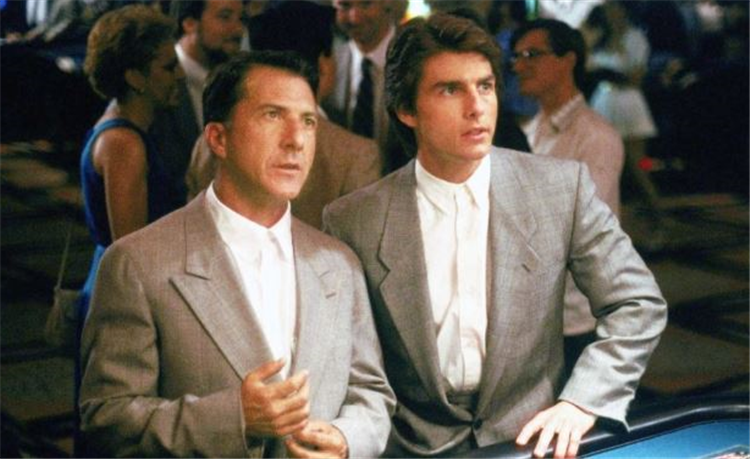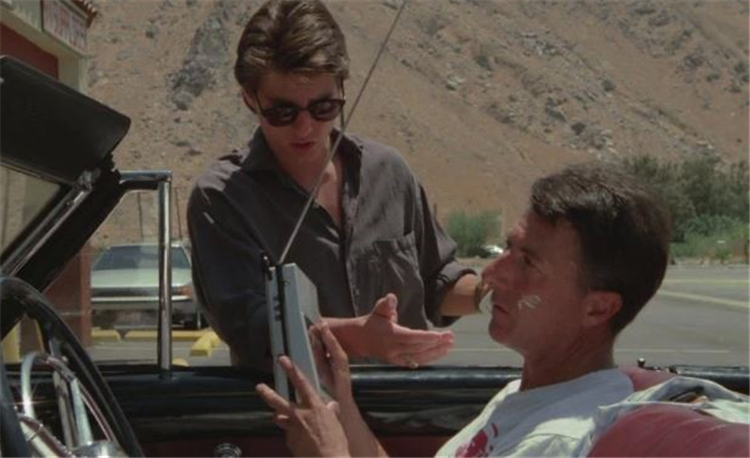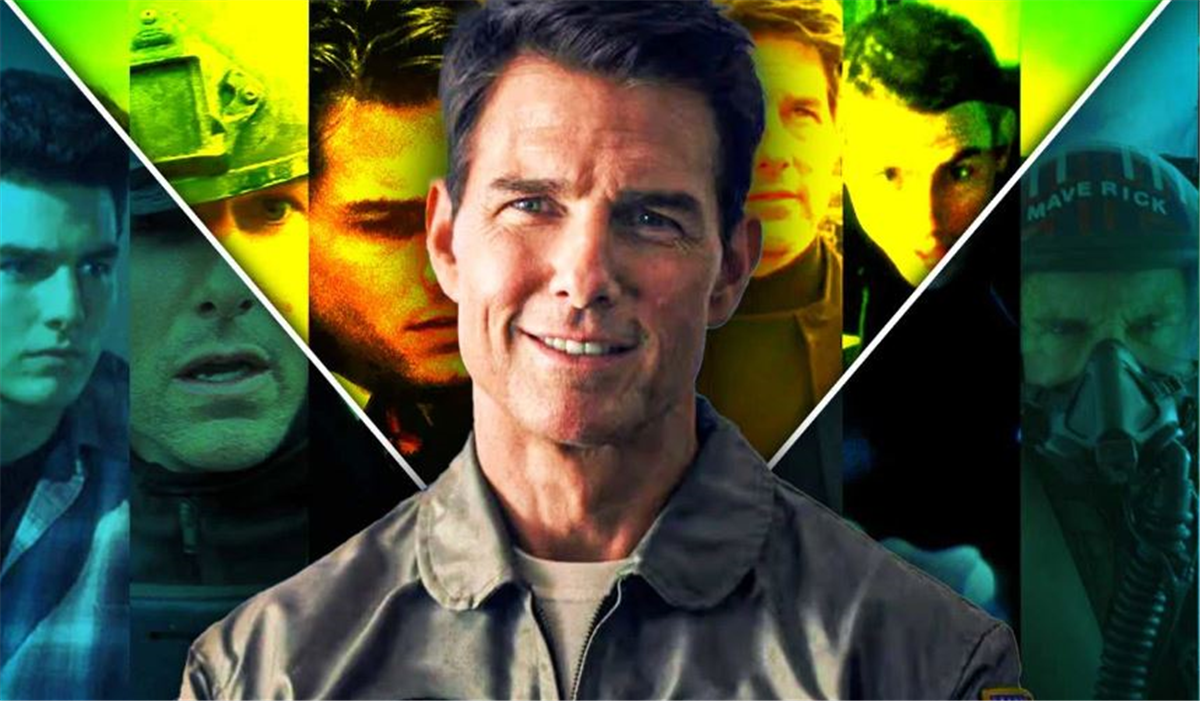The 1988 film Rain Man featured Tom Cruise alongside Dustin Hoffman, in a groundbreaking portrayal of autism that captured the hearts of audiences and critics alike. However, despite the film being a huge success, the marketing team initially struggled with how to promote a movie that delicately navigates such a sensitive topic.
Cruise later recalled the struggle of the marketing team in a 2017 interview, sharing that they had no idea how to promote the film, due to its unconventional title and the challenge of conveying the film’s concept.
Tom Cruise Reflected on the Challenges of Promoting Rain Man

Directed by Barry Levinson and starring Tom Cruise and Dustin Hoffman, Rain Man follows two brothers on a cross-country journey while exploring the realities of living with a mental illness.
While it was a huge hit, earning four Oscars at the 61st Academy Awards, the marketing team faced some serious struggles to come up with ways to promote the movie, significantly due to its unconventional title.
Cruise recollected on the struggles of the marketing team in an interview with BBC Radio 1. The actor also shared that they had a hard time finding an effective way to promote a movie with such a unique title and sensitive concept.
Rain Man is another one, we’re like, ‘Can’t figure out a better title for the movie than Rain Man? — When it came out, we’re like, ‘How are we gonna sell that? Rain Man, what’s it mean?
While the film was able to convey to the audience at the time, with the increased awareness and nuanced understanding of autism, Hollywood might face a formidable challenge with such movies in the current landscape.
The idea of casting a non-autistic actor to play an autistic savant could spark intense controversy. Looking back at the film’s success at the time of its release, it’s also intriguing to consider how it would fare in today’s complex and often scrutinizing cultural climate.
Barry Levinson on Crafting Unique Characters in Rain Man

Before Barry Levinson landed the job to direct the film, Rain Man went through several delays, having multiple directors and writers joining and then leaving the project.
The filmmaker reflected on the same during an interview with Rolling Stone, saying, “Nobody could quite get a handle on it, make a personal connection.” However, when asked about his approach, Levinson shared he focused on developing the characters of Raymond and Charlie to pursue the film.
I start from the point of view of character — I liked Raymond and Charlie. Charlie is a salesman. He’s not a bad guy, but he’s hustled and manipulated. Raymond is an autistic. He’s never been out into the real world. Raymond is like something I’ve never quite seen.
The filmmaker shared that he focused on creating authentic portrayals, with Raymond being a unique depiction of autism that he hadn’t seen before.
He also emphasized that his goal was to capture the essence of their relationship and challenges, rather than relying on conventional plot elements or gimmicks to highlight the frustration and humor in their interactions.
